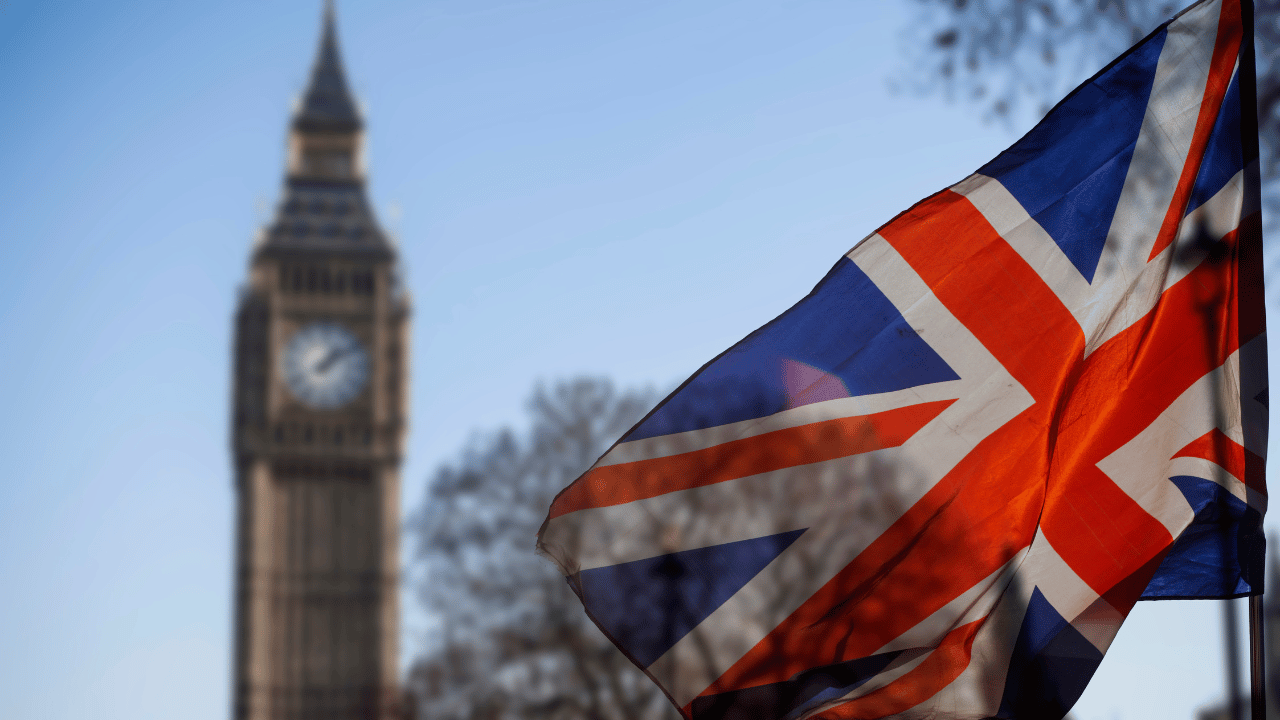Rising US Student Visa Rejections is a Big Concern for Indian Students

The USA has been a utopian destination for Indian students to study for the longest time. In general, when someone starts considering studying abroad in India, the USA is the first name on their mind. There is almost a reverence towards the USA in terms of international education. The visa interview, therefore, is a big part of the process of studying in the USA. Once you clear that, all roads lead to the dream educational journey.
For the USA visa interview, students should be well prepared to answer the questions on reasons to study in the USA. Reasons for taking a particular course, reasons for choosing a particular university, and future plans after completion of study, while showing strong enough financial capabilities. This forms the major basis of the interview, while everything around this, and relevant, also needs to be polished. Exceptional cases are always there. The USA visa rejection rates have gone up by around 20% in the last two intakes, causing uncertainty and panic among students.
One such unusual incident of a Data Science student has caught the attention. A master’s in data science candidate was rejected under Section 214(b) due to an exceptionally technical interview. The visa interview began with standard questions about the applicant's academic background and college applications, but it suddenly devolved into a series of technical inquiries. The visa interview was conducted by a male immigration officer aged in his 30s. The candidate was quizzed on the basics of machine learning and data structures, such as what separates arrays and linked lists and the definition of linear regression. Despite giving the most precise details possible, the applicant was informed that his visa application had been denied. The officer's succinct reply was to inform the student with regret that his visa had been refused and that he shouldn’t hesitate to apply again if he wants to.
Possible Reasons for Rejection
1. Perceived short comings in technical responses: It's possible that the applicant's answers lacked sufficient Data Science knowledge
2. Absence of close ties to India: It's possible that the applicant did not make a strong enough case for returning to India once their studies were over
3. Inadequate proof of non-immigrant intent: It's possible that the applicant's objectives and plans did not match those needed for an F1 visa
Things to keep in mind
This incident demonstrates how applicants for F1 visas are increasingly being scrutinized, especially those in STEM fields. In order to increase their chances, candidates are advised to :
1. Create solid financial documentation: Demonstrate that you have enough money to cover costs for the duration of your studies
2. Demonstrate ties to India: To show that you intend to return, display your family, future employment opportunities, or property ownership
3. Assure document consistency by making sure all the documents are correct and match
4. Clearly state your study objectives, the rationale behind your program and university selection, and how it aligns with your career goals
The fact that Indian students are concerned about their F1 visas being denied highlights how crucial it is to be prepared and comprehend the requirements for an effective application. By being aware of the potential reasons for rejection and taking steps to address them, applicants can improve their chances of receiving a visa and seeking their academic goals in the United States.
.png)

